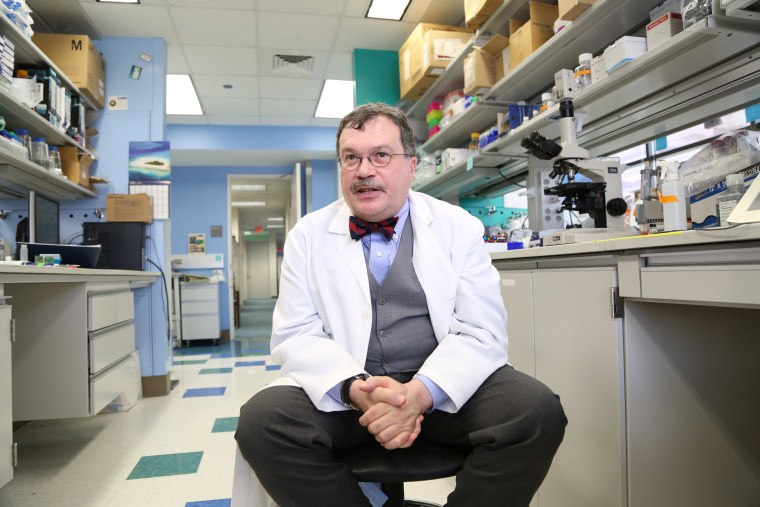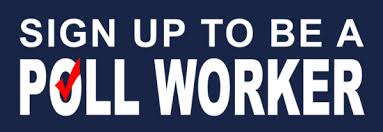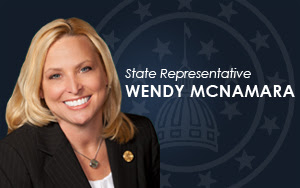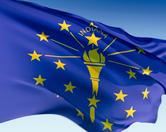The Indiana State Department of Health (ISDH) has updated its new COVID-19 online dashboard to reflect four additional presumptive positive cases. The patients reside in Howard and Johnson counties and are all adults. This brings to 10 the number of Hoosiers who have tested positive for COVID-19.
| Note |
|---|
| For the latest information on the coronavirus, including travel advisories, visit the CDC’s website. |
Precautions To Take Now
- Avoid close contact with people who are sick.
- Clean your hands often.
- Wash your hands often with soap and water for at least 20 seconds, especially after being out in public, blowing your nose, coughing, or sneezing.
- If soap and water aren’t available, use a hand sanitizer that contains at least 60% alcohol.
- To the extent possible, avoid touching high-touch surfaces in public places, like elevator buttons, door handles, handrails, and handshaking with people. Use a tissue or your sleeve to cover your hand or finger if you must touch something.
- Avoid touching your face, nose, and eyes.
- Clean and disinfect your home to remove germs: Practice routine cleaning of frequently touched surfaces—tables, doorknobs, light switches, handles, desks, toilets, faucets, sinks, and cell phones.
Extra Caution With Crowds And Travel
- Avoid crowds, especially in poorly ventilated spaces. Your risk of exposure to respiratory viruses like COVID-19 may increase in crowded, closed-in settings with little air circulation if there are people in the crowd who are sick.
- The CDC recommends that you defer all cruise ship travel worldwide, particularly if you also have underlying health issues.
- Older adults and travelers with underlying health issues should avoid situations that put you at increased risk for more severe disease. In addition to avoiding crowded places, you should avoid non-essential travel such as long plane trips, and especially avoiding embarking on cruise ships.
Preparing For Healthcare Needs
- Be sure you have over-the-counter medicines and medical supplies (like tissues) to treat fever and other symptoms. Most people will be able to recover from COVID-19 at home.
- Have enough household items and groceries on hand so that you’ll be prepared to stay at home for a period of time.
Medicare Covers Related Needs
- Medicare covers the lab tests for COVID-19. You pay no .
- Medicare covers all medically necessary hospitalizations. This includes if you’re diagnosed with COVID-19 and might otherwise have been discharged from the hospital after an inpatient stay, but instead, you need to stay in the hospital under quarantine.
- At this time, there’s no vaccine for COVID-19. However, if one becomes available, it will be covered by all Medicare Prescription Drug Plans (Part D).
- If you have a Medicare Advantage Plan, you have access to these same benefits. Medicare allows these plans to waive cost-sharing for COVID-19 lab tests. Many plans offer additional telehealth benefits beyond the ones described below. Check with your plan about your coverage and costs.
Telehealth & Related Services
Medicare covers “virtual check-ins†so you can connect with your doctor by phone or video, or even an online patient portal, to see whether you need to come in for a visit. If you’re concerned about illness and are potentially contagious, this offers you an easy way to remain at home and avoid exposure to others.
- You may be able to communicate with your doctors or certain other practitioners without necessarily going to the doctor’s office in person for a full visit. Medicare pays for “virtual check-insâ€â€”brief, virtual services with your established physician or certain practitioners where the communication isn’t related to a medical visit within the previous 7 days and doesn’t lead to a medical visit within the next 24 hours (or soonest appointment available).
- You need to consent verbally to using virtual check-ins and your doctor must document that consent in your medical record before you use this service. You pay your usual Medicare coinsurance and deductible for these services.
- Medicare also pays for you to communicate with your doctors using online patient portals without going to the doctor’s office. Like the virtual check-ins, you must initiate these individual communications.
- If you live in a rural area, you may use communication technology to have full visits with your doctors. The law requires that these visits take place at specified sites of service, known as telehealth originating sites, and get services using a real-time audio and video communication system at the site to communicate with a remotely located doctor or certain other types of practitioners. Medicare pays for many medical visits through this telehealth benefit.
Other Ways Medicare Is Helping
Every day, Medicare is responsible for developing and enforcing the essential health and safety requirements that health care providers must meet. When you go to a healthcare provider, you expect a certain standard of care, and we work to make sure you get it. That includes taking additional steps in response to coronavirus:
- Establishing new codes to allow providers to correctly bill for services related to diagnosis and treatment of the illness.
- Instructing our national network of State Survey Agencies and Accrediting Organizations to focus all their efforts on infection prevention and other cases of abuse and neglect in nursing homes and hospitals.
- Instructing nursing homes and hospitals to review their infection control procedures, which they’re required to maintain at all times.
- Issuing important guidance answering questions that nursing homes may have with respect to addressing cases of COVID-19.














 The VCRP is currently filling poll worker positions for the May 5, 2020 Primary Election. To be a poll workers you must be a registered voter residing in Vanderburgh County. Additionally, poll workers cannot be a close relative to a candidate whose name appears on the ballot, and cannot be the chairman or treasurer of the committee of the candidate whose name appears on the ballot.
The VCRP is currently filling poll worker positions for the May 5, 2020 Primary Election. To be a poll workers you must be a registered voter residing in Vanderburgh County. Additionally, poll workers cannot be a close relative to a candidate whose name appears on the ballot, and cannot be the chairman or treasurer of the committee of the candidate whose name appears on the ballot.






